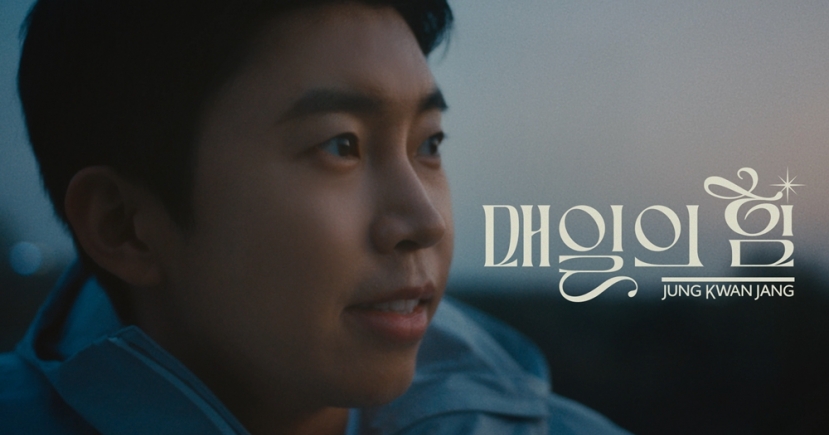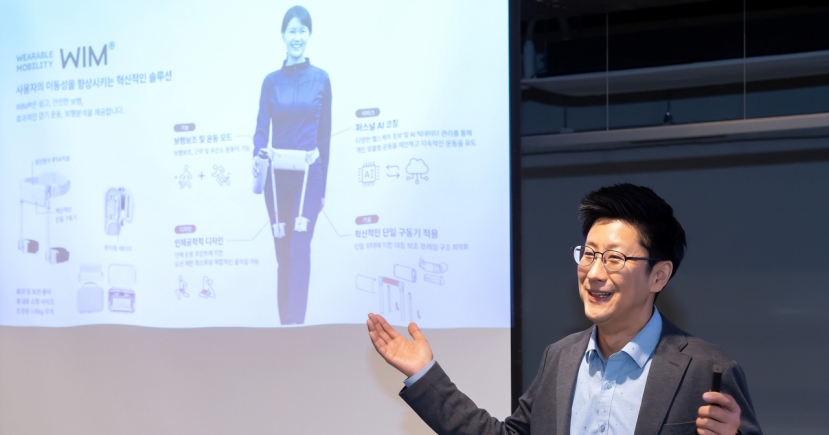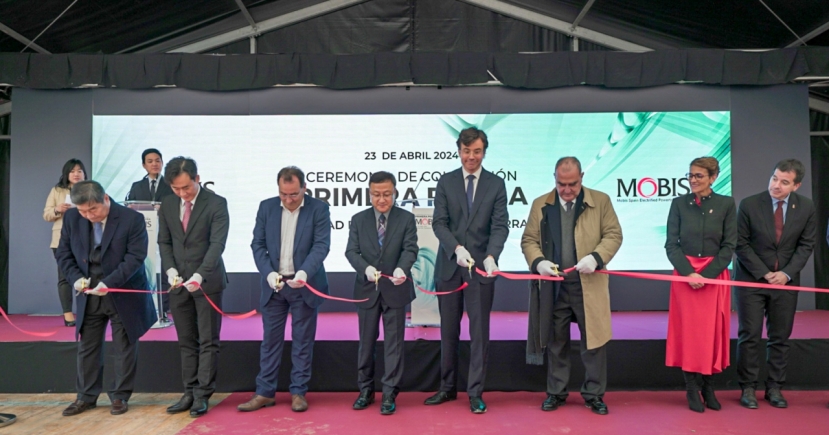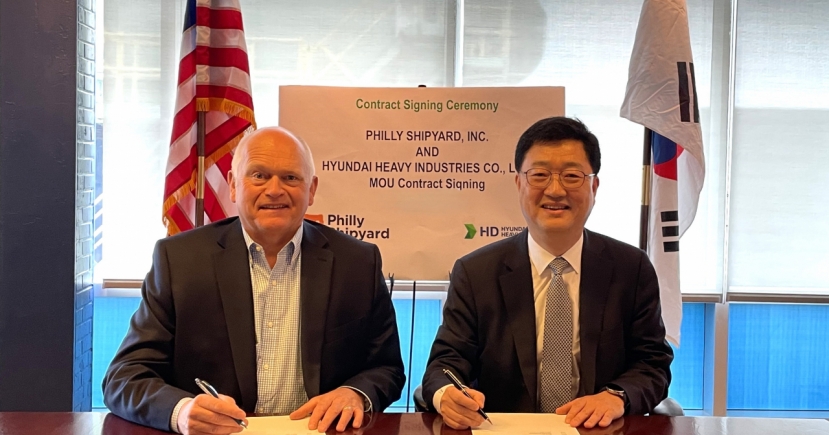Economy
Another tumultuous year for Northeast Asia
[THE INVESTOR] South Korea faces another turbulent year, as the geostrategic dynamics surrounding Northeast Asia are poised to ebb and flow with an incoming US leadership of Donald Trump, while North Korea spurs its development of nuclear weapons.
The Sino-US rivalry would continue to intensify across the region, yet this time the Trump administration’s relationship with Moscow is expected to act as a major variable.
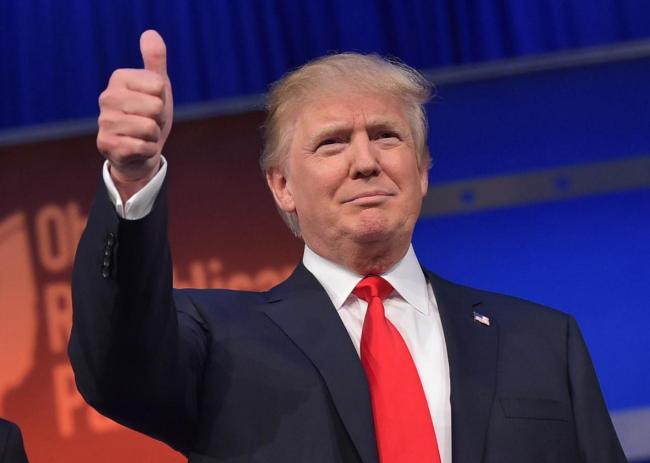 |
With an early presidential election looming, the alliance between Seoul and Washington could be put to a major test if the next South Korean leader moves to shelve their joint decision to deploy a US missile shield here, which triggered China’s stern protest.
After years of impasse, South Korea and Japan had been mending their fences since their settlement on the comfort women dispute in December 2014. But uncertainties remain given the unbridled political and public backlash over the deal, as well as a recently inked military intelligence-sharing pact.
Choi Kang, vice president of the Asan Institute for Policy Studies, picked uncertainty, obscurity and instability as three keywords to drive the regional diplomatic and security landscape this year, with Trump being a top policy factor.
“Under (President Barack) Obama, the Sino-US relationship was about a mix of cooperation and competition. Now competition and conflict are most likely to deepen across the board, from trade to security, which will have an impact throughout Northeast Asia,” he said at a recent seminar in Seoul.
“In contrast, the US-Russia relations would improve substantially, which may result in a whole new triangle. This could possibly be helpful for Seoul to some extent, as Russia’s clout grows and limits China’s somewhat excessive influence in the Korean Peninsula.”
Trump factor
In the wake of Trump’s win and Brexit, the current international trends of anti-globalization and nationalism alike will likely last for the time being. This has prompted leaders around the world to put more priority on domestic economy, trade and military spending than alliances and multinational partnerships.
On the campaign trail, the real estate magnet demanded Seoul, Tokyo and other US allies shoulder greater defense costs. He also labeled a South Korea-US free trade agreement a “job killer,” while accusing China of stealing US factories and manipulating currency, among others.
Trump’s focus on internal issues and de facto departure from Obama’s rebalance to Asia may seem somewhat of a belief to Beijing, which sees Washington’s alliance-building and military encirclement as a tack to contain its rise.
The incoming administration, however, will likely intensify its efforts to keep China in check, this time in partnership with Russia, as Henry Kissinger told then-President Richard Nixon ahead of his 1972 historic trip to Beijing as his national security advisor.
“At this point, the future direction of the Trump administration’s China policy is uncertain,” Kim Hyun-wook, a professor at the Korea National Diplomatic Academy, said in an analysis.
“It will be focused on economy and trade, but in line with the aforementioned policy of ‘peace through strength,’ Trump might pressure China to a great extent in the security context as well.”
Trump, who takes office on Jan. 20, has already sent mixed signals.
Shortly before his election victory, he broke a decades-old customs by accepting a phone call from Taiwanese President Tsai Ing-wen, to the wrath of Beijing that cherishes the “One China” policy. A week later he named Iowa Governor Terry Branstad, whose ties with President Xi Jinping date back to the 1980s, as the ambassador to China. Beijing welcomed it, hailing him as an “old friend of the Chinese people.” Then again, Trump tapped Peter Navarro, a University of California, Irvine economist and vocal China critic, to head a new White House team in charge of trade and industry.
Xi, meanwhile, may respond to outside pressure with a hardline approach amid a slowing economy, especially as he seeks to consolidate his leadership at a major party congress in September by elevating allies to key posts.
In Seoul, concerns are rising that the North Korea nuclear issue could be put on the back burner if the Sino-US standoff escalates over trade, currency and the South China Sea.
Evolving NK threats
Meanwhile, North Korea is set to accelerate its nuclear and missile programs. With five underground blasts and six long-range rocket launches, the communist state is deemed to be inching closer to master the development of an intercontinental ballistic missile topped with an atomic warhead, capable of reaching the US mainland.
On Jan 1, leader Kim Jong-un said his country was in the “closing phase” of preparations for an ICBM firing in his New Year address. Pyongyang made a “groundbreaking breakthrough” from a series of experiments last year, he said, threatening to step up its capabilities for a “pre-emptive nuclear attack” unless South Korea and the US halt joint military drills.
Thae Yong-ho, who was the North’s No. 2 official at its embassy in London until his arrival in the South last summer, also said last week that the regime aims to complete the nuclear development by the end of 2017 in time for leadership transitions in Seoul and Washington.
As for North Korea, Trump is forecast to stay tough, surrounded by hardline, retired military commanders as his top foreign policy and security aides. He has criticized Kim’s nuclear ambition, calling him a “maniac,” though he displayed his willingness to meet the young ruler.
A warmer relationship between Washington and Moscow could provide a fresh momentum for the nuclear stalemate, experts say.
Yet Seoul may face a dilemma as China may loosen its implementation of international sanctions or resist further tightening them in the event of the North’s another provocation in protest against increasing US pressure.
If the Kim regime conducts a successful ICBM test, it could declare a moratorium on additional nuclear and missile tests and offer to return to denuclearization negotiations alongside a peace treaty talks, as Thae indicated.
“The Trump administration may attempt dialogue with North Korea at its early stage. But if the North continues to demand its acceptance as a nuclear state, it will likely further strengthen sanctions and pressure,” said Lee Dae-woo, a researcher at the Sejong Institute.
“Even if the nuclear negotiations reopen, the US is likely to demand an intensive inspection on the North Korean facilities, given Trump’s criticism on the Iran deal and opposition to ‘declaratory talks.’”
By Shin Hyon-hee/The Korea Herald (heeshin@heraldcorp.com)


